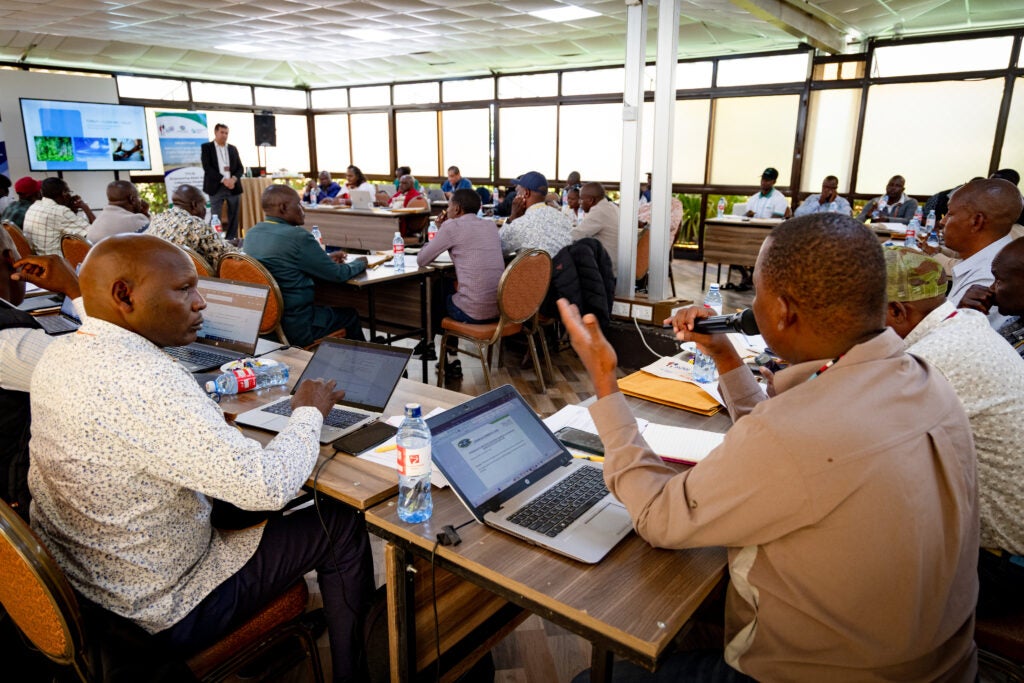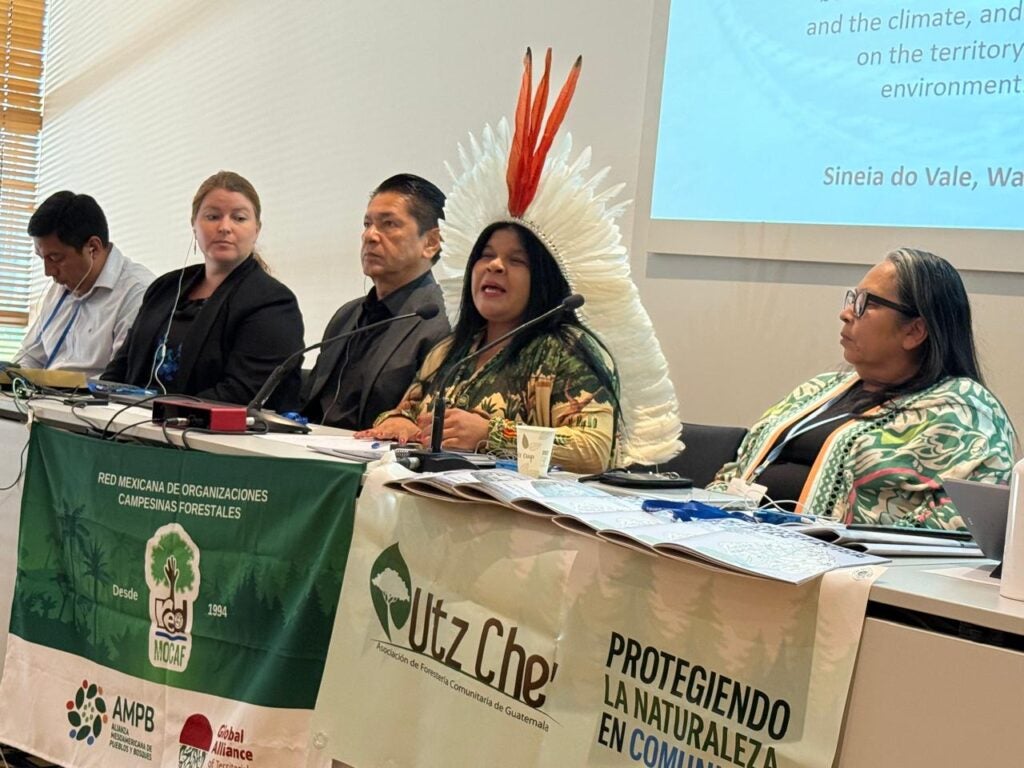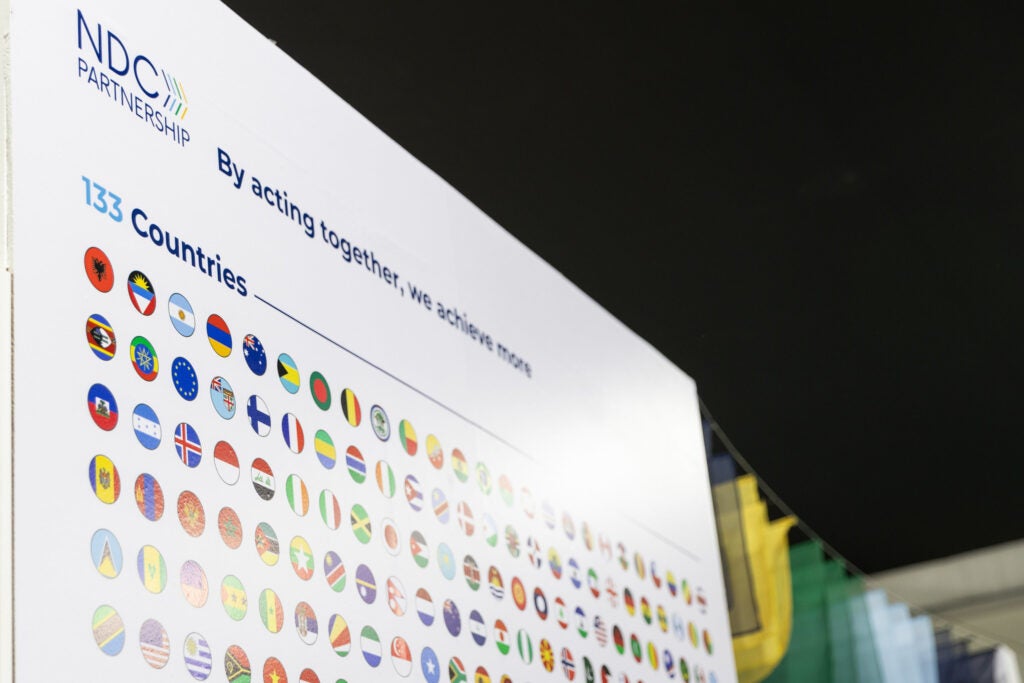
Participants at a carbon markets workshop in Nairobi, Kenya. Facilitators walk through carbon market principles, empowering Indigenous People and local communities to advocate for their rights and interests. Photo by Diego Acosta-López/EDF.
Last week, Environmental Defense Fund (EDF), in partnership with the Ministry of Environment, Climate Change and Forestry of Kenya, MPIDO, and IMPACT, convened a transformative workshop in Nairobi that brought together government officials and representatives from Indigenous Peoples and local communities (IPLCs). The event marked a significant step forward in fostering meaningful dialogue, co-learning, and collaborative planning as Kenya positions itself within the evolving carbon market space.
This workshop equipped IPLC leaders with essential tools and knowledge to effectively engage in carbon markets, ensuring their rights are upheld and that they can benefit equitably from Kenya’s climate initiatives. EDF specialists led sessions on the fundamentals of carbon markets, robust monitoring and reporting systems, and the critical roles that both IPLCs and government institutions play in shaping a fair and inclusive market framework.
By the conclusion of the workshop, participants had collaboratively drafted a preliminary roadmap for IPLC engagement in Kenya’s carbon markets. This roadmap includes strategies for equitable benefit-sharing, participation in decision-making, and adherence to social and environmental safeguards.
Why this workshop came at a critical time
Kenya is at a decisive point in its climate leadership journey. In 2023, the country passed amendments to its Climate Change Act (National Assembly Bill No. 42), laying the legal foundation for participation in international carbon markets. The new framework enables Kenya to engage in bilateral carbon trading as well as global mechanisms under the Paris Agreement. In the same year, Kenya also signed a Letter of Intent (LOI) with the LEAF Coalition, signaling its commitment to pursue high-integrity carbon finance solutions that support forest conservation.
These policy shifts have generated growing interest among IPLCs, who recognize the potential of REDD+ and other climate finance mechanisms to contribute to sustainable development. However, they also raised important questions about rights protections, cultural preservation, and the long-term implications of these initiatives on traditional land-use systems.
The Nairobi workshop served as a foundational moment to ensure that IPLCs are not only well-informed but are active co-creators in the development of Kenya’s carbon market strategies.
Read More »














